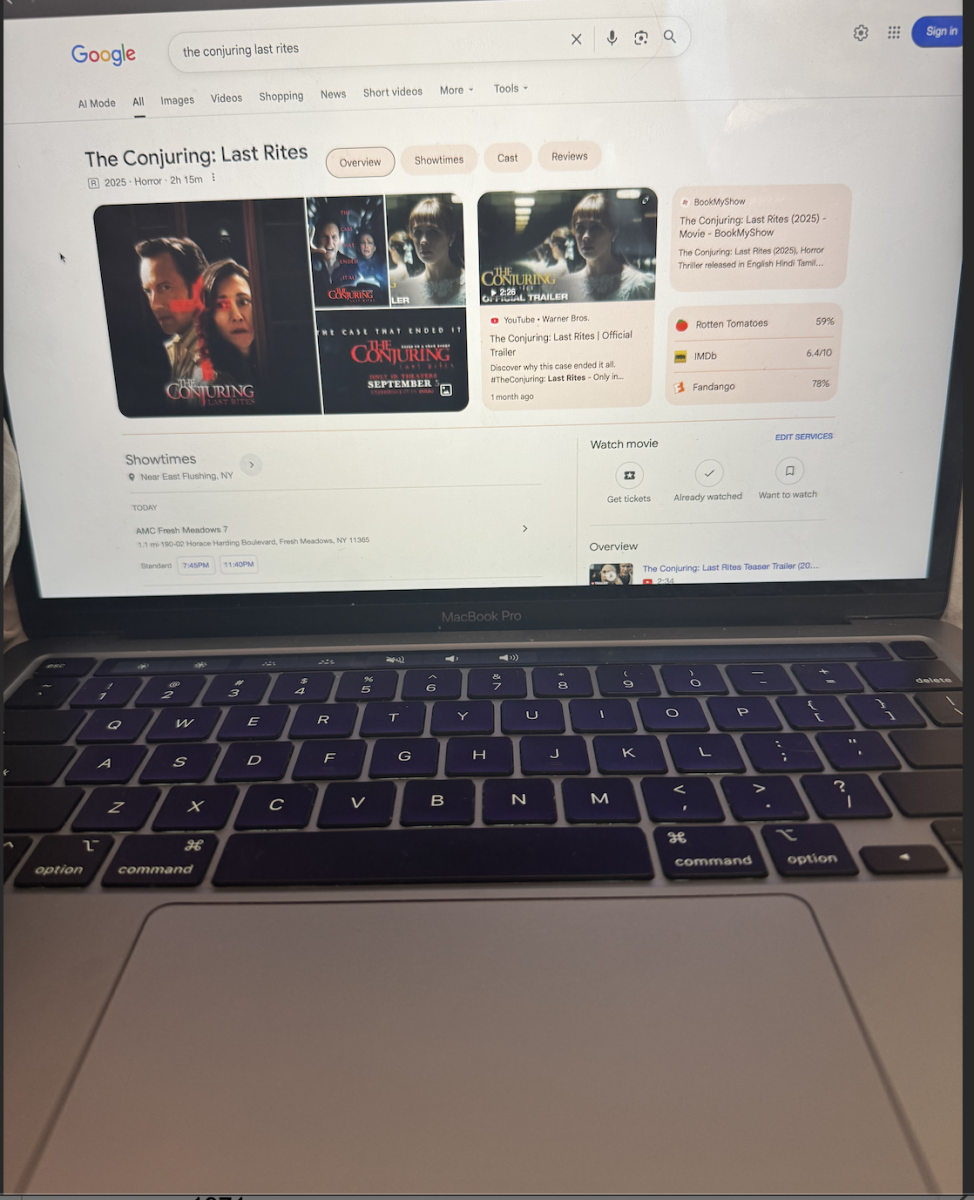by Leanna Tabora, staff reporter

In modern society, both men and women have been brought up to believe that their bodies are objects, but that belief should not be settled into the brains of the human mind.
“I’ve never been a skinny girl and I never will be, but I have never considered myself to be fat until the summer of freshman year when one of my ‘friends’ started taunting me with that disgusting word,” a junior said. “I will not let those ugly words ruin who I am or how I feel about myself.”
Body shaming has become a social norm for both genders. It’s commonly used to insult someone they dislike. Phrases such as, “Her body is so flat,” “He’s fat, and that makes him so ugly,” and “You need to lose weight,” are constantly thrown around by people, with pure intentions of insulting someone. Flaws are used as reasons to dislike someone.
Body shaming, while common in both genders, is especially harmful to women. It has resulted in effects in both the physical and emotional aspects. Their bodies are constantly objectified by society, which leave women to build insecurities such as, “I’m too fat” or even, “I’m too skinny.”
This may eventually result in self harm. Which could lead to being hospitalized and/or being diagnosed with depression. More than one third of young girls fear becoming fat and/or engage in dieting/binge eating.
Girls as young as five years old begin to worry about their size. One third of young boys are dieting to lose weight at the ages of 8-12. These statistics are a result of body shaming in society.
According to Fat Girl PHD, women have been diagnosed with illnesses such as anorexia and bulimia, because of other people making fun of their appearance. Lindy West, a blogger on Jezbel, discusses why it’s so morally and statistically wrong to skinny-shame. (Instead of shaming someone’s body for being too “big”, skinny-shaming is when someone insults someone else’s body for being “too thin”.)
“Let me be very clear: 1. Thin-shaming is wrong. 2. It is right and good to aggressively fight thin-shaming. 3. The root of thin-shaming is not fat acceptance. The root of thin-shaming is the same system that breeds fat-shaming—the system that keeps women in a state of anxiety so intense that they’d literally rather die than become fat,” West said.
Social media plays a role in encouraging body shaming, so much that it has become a social norm. Celebrities such as Taylor Swift, Miley Cyrus, and Jonah Hill have been victims of body shaming by many people throughout the internet.
“No matter what, you shouldn’t talk about somebody else’s body. You wouldn’t appreciate if somebody else put your body down,” sophomore Caitlyn Reid said.
An example of such internet abuse was a tweet skinny-shaming Taylor Swift, intentionally thinking it would be funny. The tweet says, “SOMEONE TELL ME WHY THIS IPHONE CHARGER THICKER THAN TAYLOR SWIFT,” thinking that it would be funny and acceptable to disgrace a woman’s body.
Society doesn’t just find humor in degrading a woman’s body, they also find humor in degrading a man’s body. Rob Kardashian is an example of a man who has been targeted many times. An example of internet abuse towards Rob Kardashian, humiliating his weight gain, is a tweet fat-shaming him.
The retaliation he received throughout the media was so severe that he felt the need to respond to it. Defending himself was the right thing to do in this case, since people all across the world are dealing with this.
“If people learn that everybody is human on the inside, than they will realize that they are human on the outside and they will stop judging other people’s bodies,” freshman Tyler Toledo said.
Body shaming is a form of bullying and victimizing someone for their appearance. Many statistics on both men and women are proved to show that body shaming has the power to negatively affects someone.
This is a social issue that has to end and it won’t happen overnight. People should work on promoting self confidence and positivity, and instead ignore all of the negative nonsense.





































